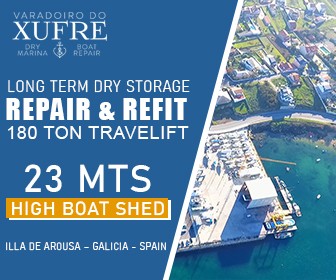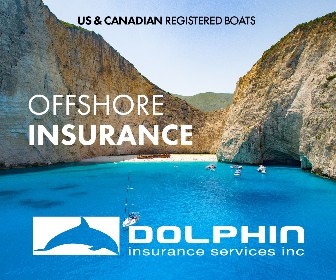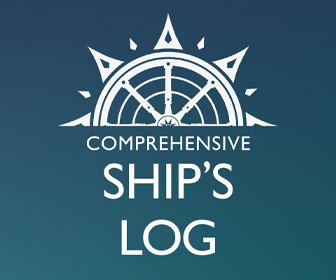European Black Water Regulations
Published 15 years ago, updated 6 years ago
Blackwater is the term which is commonly used to describe toilet waste (which will often contain harmful bacteria and viruses). Greywater is wastewater from sinks, showers and washing machines.
The following information is on holding tanks for black water.
Coastal Waters
As yet there is no international convention which requires private pleasure craft to fit a holding tank. Only vessels which exceed 400GT or carry more than 15 passengers are covered.
However, a vessel cruising in the territorial waters of another country it is under the jurisdiction of that coastal state.
In the context of holding tanks, this means that the coastal state could require visiting vessels to fit holding tanks in line with their national legislation, but this is, currently, unlikely to be enforced.
That said, although a visiting vessel may not have to fit a holding tank, it should respect the Coastal State’s Law and should not discharge black water directly into the sea, where a local boat would be prohibited from discharging its holding tank.
Inland Waters
Internal waters are considered to be an integral part of the Coastal State, therefore a foreign vessel visiting the inland waters of another country should be prepared to comply with any legislation that country may have in place, including regulations relating to holding tanks.
The information for primary areas of concern around Europe:
The Baltic
As with international conventions such as MARPOL, the Helsinki Convention (HELCOM Convention on the protection of the marine environment of the Baltic Sea Area) must be implemented in each of the participating countries through their national legislation. Therefore although HELCOM extends regulations on the discharge of sewage to all ships including pleasure craft, this is not yet law in all the HELCOM contracting parties: Denmark, Estonia, Finland, Germany, Latvia, Lithuania, Poland, Russia and Sweden.
The latest information we have regarding national legislation is as follows:
Denmark
Boats built before 1 January 1980 do not have to have a holding tank and can discharge sewage when 2 nautical miles from the shore. Boats built before 1 January 2000 but after 1 January 1980 which are either less than 10.5m LOA or have a maximum beam of less than 2.8m do not have to have a holding tank and can discharge sewage when 2 nautical miles from the shore.
Boats outside of the above exemptions, including all boats built after 1 January 2000 must have a holding tank that can be emptied through a deck fitting.
Finland
The discharge of untreated sewage is prohibited at a distance of less than 12 nautical miles from the nearest land i.e. within their territorial waters.
The Mediterranean
Spain
Spain has also introduced holding tank requirements which together with their pollution legislation, essentially mean that vessels cannot discharge untreated sewage within Spanish territorial waters (12 nautical miles). The Spanish legislation is ORDEN FOM/1144/2003, 28 April which for anyone who speaks Spanish can be found at www.fomento.es [BROKEN LINK]
Greece & Turkey
In Greece and Turkey, the regulations relating to discharges and pollution make a holding tank a practical necessity. From March 2010, Turkey is enforcing restrictions on the discharge of both black and grey waste. See Turkey: New Rules for Cruising Yachts in the Mugla Area (Bodrum to Fethiye)New Rules for Cruising Yachts in the Gocek-Dalaman Area
Elsewhere
Netherlands
The Netherlands has introduced regulations on the discharge of black water. From January 2009 it is prohibited to discharge black water (toilet waste) from all pleasure boats on all inland waterways, lakes, the Waddensea and territorial waters. Pleasure boats can be installed with holding tanks, dry or chemical toilets or boaters could choose simply not to use their toilets.
France
In principal it is forbidden to flush toilets into canals and rivers, but as pump out facilities are few and far between discreet overboard discharging has been tolerated
Noonsite wishes to thank the Royal Yachting Association (Great Britain) for this information.









